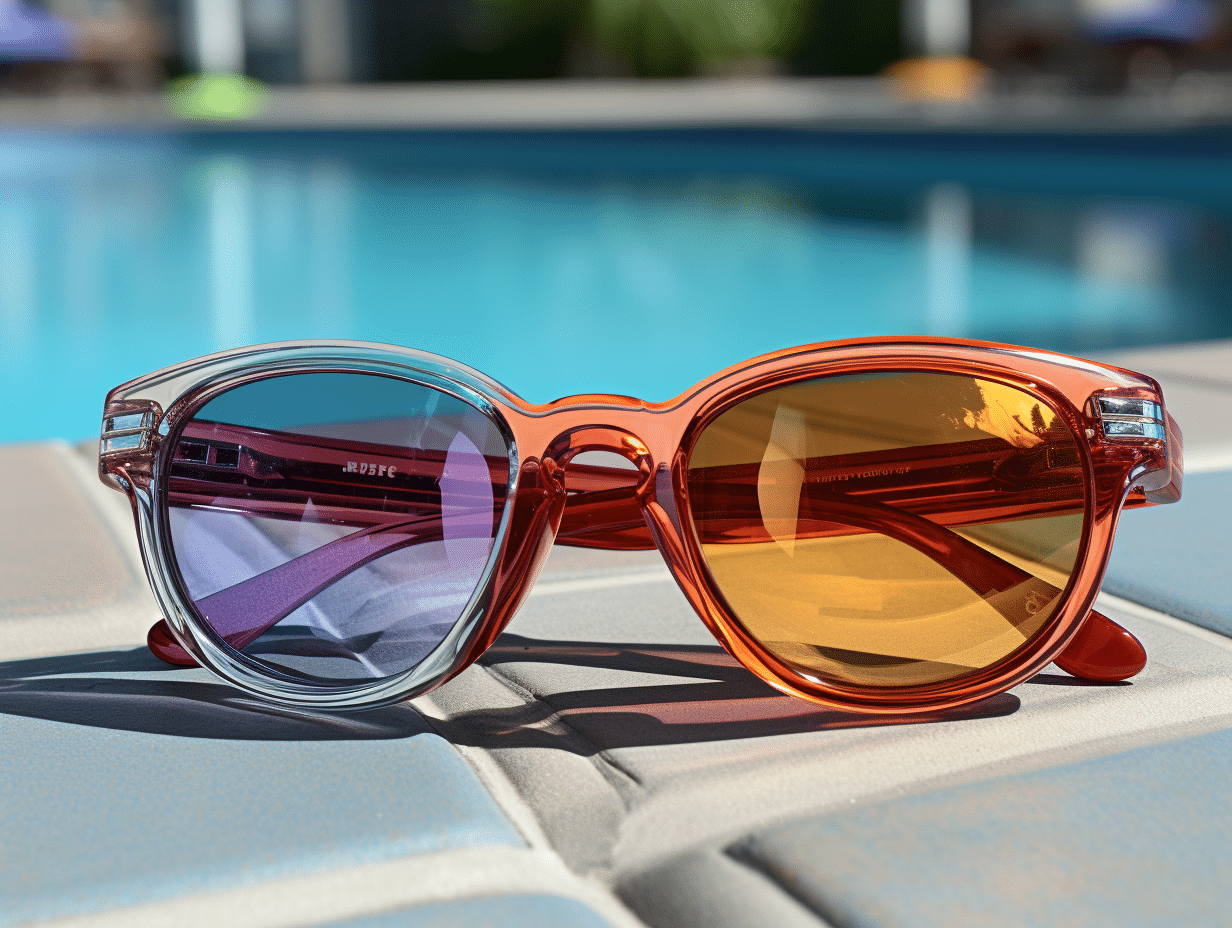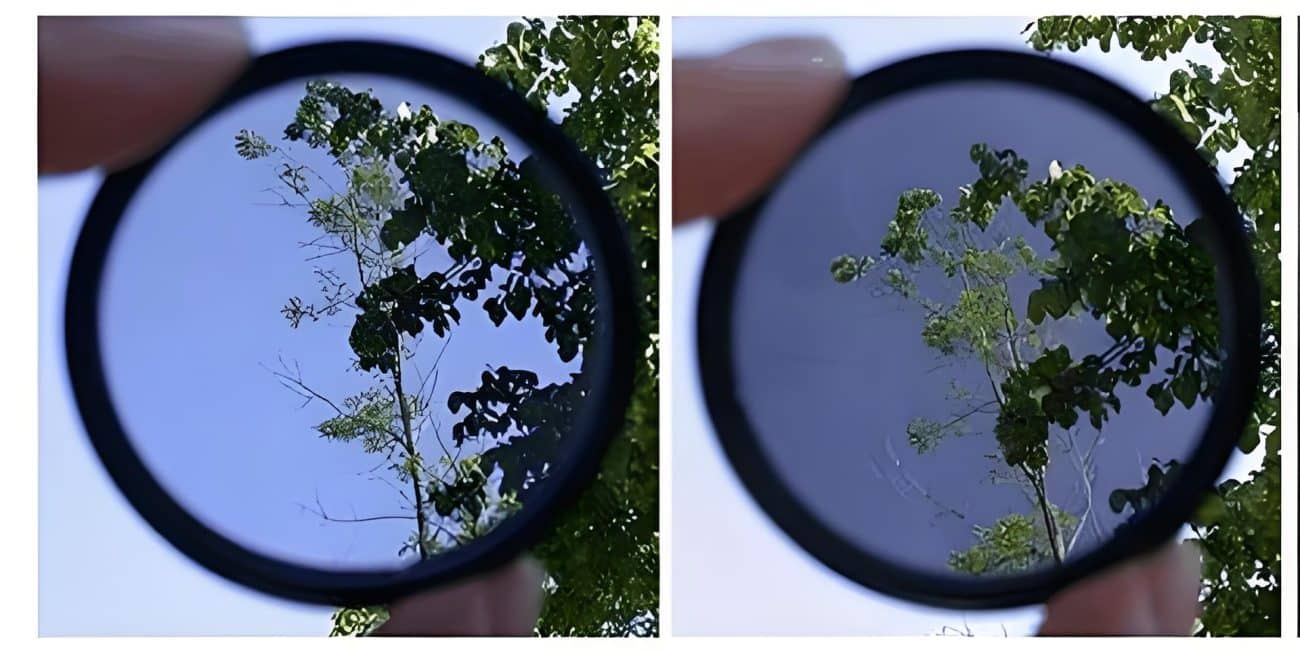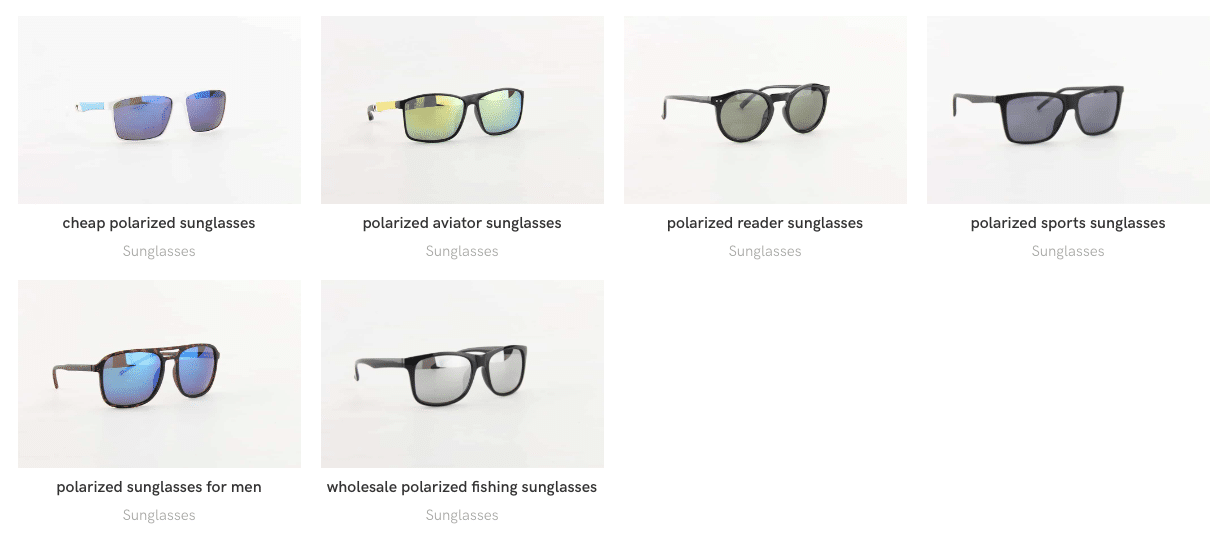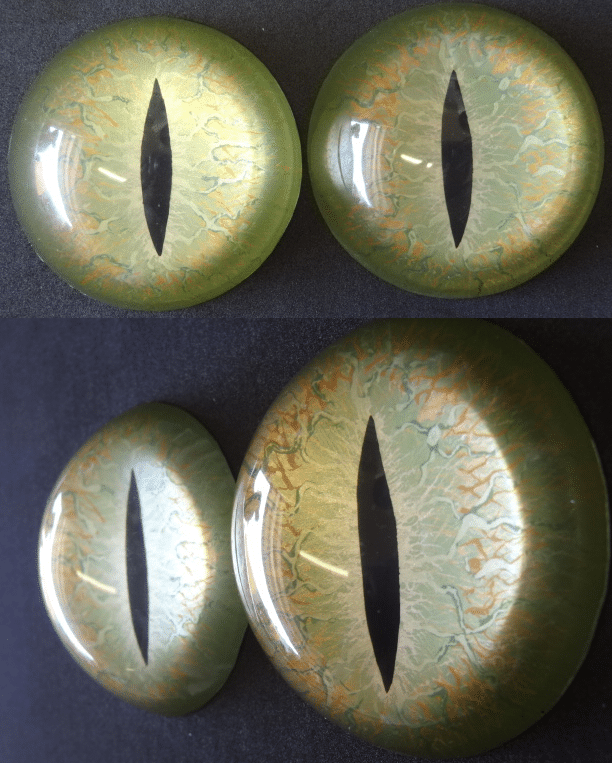When choosing between polarized vs non-polarized sunglasses, you might not know which one to pick or what “polarized” means.
Sunglasses are powerful accessories. They protect your eyes from harmful UV rays, make you look cool, and can even correct your vision like regular prescription glasses.
How Polarized Lenses Work
Polarized lenses reduce glare by blocking horizontal light through a special filter film. This technique is especially helpful in enhancing visual clarity under reflective surfaces such as water, snow, or glass.
Pros and Cons of Polarized Lenses
Pros:
- Reduces Glare: Polarized lenses effectively reduce reflected light for clearer and more comfortable vision.
- Improves Contrast: In strong sunlight, polarized lenses can improve contrast and help you see details better.
- PROTECT YOUR EYES: Reducing glare can reduce eye fatigue and protect your eyesight.
Cons:
- Poor screen visibility: when using LCD or LED screens, polarized lenses may cause the screen to appear in strange rainbow colors or make it impossible to see the screen at all.
- Higher price: polarized lenses are usually more expensive than non-polarized lenses due to the complexity of the technology.
Pros and cons of non-polarized lenses
Pros:
- For everyday use: non-polarized lenses are suitable for everyday use and provide basic UV protection.
- Unrestricted field of vision: without the problems associated with polarized lenses when looking at electronic screens, they are suitable for users who need to check their phones or other screens frequently.
- Lower price: non-polarized lenses are usually more affordable.
Cons:
- Can’t reduce glare: in bright light and reflective environments, non-polarized lenses can’t effectively reduce glare and offer less visual comfort.
Applicable Scenarios
Driving.
Polarized lenses can effectively reduce reflections from other vehicles, road surfaces and water surfaces, enhancing driving safety and comfort.
Water Sports
In water sports such as fishing and sailing, polarized lenses can reduce glare reflections from the water surface, making the field of vision clearer and helping to improve sports performance.
How to test polarized sunglasses
To confirm whether your sunglasses are polarized, you can use the following method:
- Take a pair of sunglasses that you know are polarized.
- Rotate them 90 degrees.
- If the field of vision darkens or you see rainbow colors, this means it is indeed polarized.
Buying Advice.
When choosing sunglasses, consider your primary usage scenario. If you spend a lot of time outdoors exercising, driving, or engaging in water activities, polarized sunglasses may be a better choice. If you use your sunglasses primarily in an urban environment and need to check your phone or computer screen frequently, non-polarized sunglasses may be a better fit.
By understanding the difference between polarized and non-polarized lenses, as well as the advantages and disadvantages of each, you can better choose the right sunglasses for you to protect your eyes and enhance your visual comfort.
You also can find more polarized sunglasses at uiiglasses because of we are one sunglasses manufacturer from China
FAQ
Who Invented Polarized Sunglasses?
Some say that scientists at NASA’s Jet Propulsion Laboratory invented polarized lenses in the 1980s, inspired by the filter oils in raptor eyes.
However, this story is only half true. While these scientists did invent a type of polarized lens, they were not the first. That credit goes to physicist Edwin H. Land, known for inventing the Polaroid camera. Before focusing on cameras and film, Land made and sold polarized sunglasses using his groundbreaking Polaroid material back in 1936.
Best brand of polarized sunglasses
As we know there are a lots famous brand you can find on google such as ray ban polarized. You also can get more famous brand polarized eyewear at here.
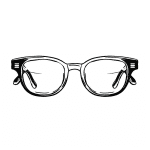 Reading Glasses
Reading Glasses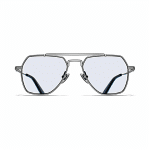 Sunglasses
Sunglasses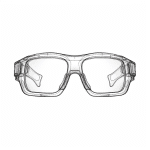 Safety Glasses
Safety Glasses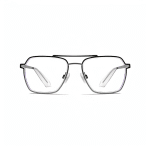 Optical Glasses
Optical Glasses Accessories
Accessories